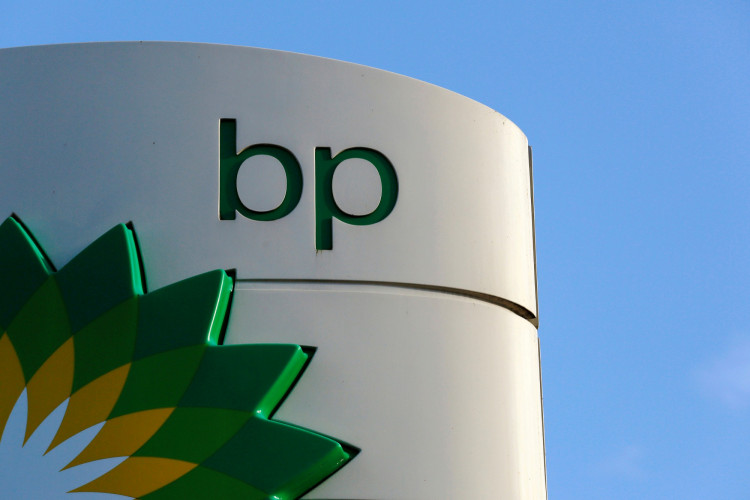British oil major BP reported its weakest quarterly earnings in nearly four years, weighed down by falling crude oil prices and declining refining margins. The company's third-quarter results saw a 30% drop in profit to $2.3 billion, a significant decline from the $3.3 billion recorded in the same period last year. These figures mark BP's poorest performance since the fourth quarter of 2020, when the industry was hit hard by the COVID-19 pandemic.
Despite the steep decline, BP's results surpassed market expectations. Analysts had predicted profits of $2.1 billion, but BP managed to beat this with $2.3 billion in underlying replacement cost profit, a key measure used by the company as a proxy for net income. Nevertheless, the overall drop in profit underscores the challenges facing the energy sector as global demand for oil slows and refining margins tighten.
"We have made significant progress since we laid out our six priorities earlier this year to make BP simpler, more focused, and higher value," said BP CEO Murray Auchincloss in a statement. He emphasized that the company continues to pursue growth in its oil and gas operations while maintaining a focus on high-value investments in renewable energy and other low-carbon projects. "We see the potential to grow through the decade with a focus on value over volume," Auchincloss added.
BP shares took a hit following the earnings announcement, falling by more than 4% in early London trading to reach their lowest level since July 2022. The stock price is down over 16% for the year, as investors express concerns over the company's long-term strategy and its ability to generate consistent profits. By comparison, BP's European rivals such as Shell have performed better, with smaller declines in stock value over the same period.
Adding to BP's financial concerns, the company saw a rise in its net debt to $24.3 billion, up from $22.6 billion in the previous quarter. The increase was attributed to lower operating cash flow, higher capital expenditures, and fewer divestments. The combination of weaker oil prices and refining margins has further pressured BP, as oil prices fell by over 17% in the third quarter due to global economic uncertainty, particularly in China.
John Moore, senior investment manager at RBC Brewin Dolphin, noted that BP faces a difficult trading environment. "Oil price conditions, combined with the costs associated with the simplification of the business, have put BP on the back foot," he said. While the company's share buybacks and dividends may offer some relief to investors, Moore highlighted concerns about the company's strategic direction and financial priorities.
BP's refining business has been particularly affected, with weak margins across the sector dragging down profitability. "Refining margins are dismal right now. The third quarter was tough, and the start of the fourth quarter is pretty bad as well," Auchincloss admitted during a call with Reuters. Despite these challenges, BP's oil and gas production rose by 3% compared to the previous year, helping to offset some of the losses.
BP's plans for future growth and its approach to the energy transition have come under scrutiny, particularly as reports surfaced that the company had scrapped its pledge to reduce oil and gas production by 2030. This move was seen by some as a rollback of BP's earlier commitment to achieving net-zero emissions by mid-century. Auchincloss has distanced himself from the more aggressive renewable energy goals of his predecessor, Bernard Looney, and has instead emphasized a balanced approach that prioritizes near-term profitability from BP's traditional fossil fuel operations.
In response to investor concerns, BP maintained its dividend at 8 cents per share and committed to keeping its share buyback program at $1.75 billion over the next three months. The company indicated it would review its financial guidance, including share buybacks, as part of an update to its medium-term plans expected in February 2024. However, analysts at RBC Capital Markets cautioned that BP may have to trim shareholder returns next year in light of the weaker macroeconomic environment.
Despite the setbacks, Auchincloss remains optimistic about BP's future prospects. He pointed to the potential for growth in oil and gas production through the end of the decade and highlighted high-value investments in low-carbon technologies and renewable energy as key drivers of long-term success. "We are going to deliver as a simpler, more focused, and higher-value company," he reiterated.






